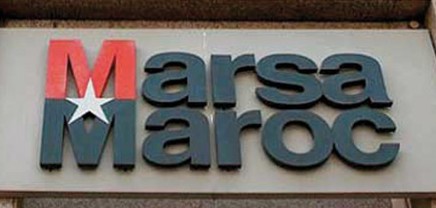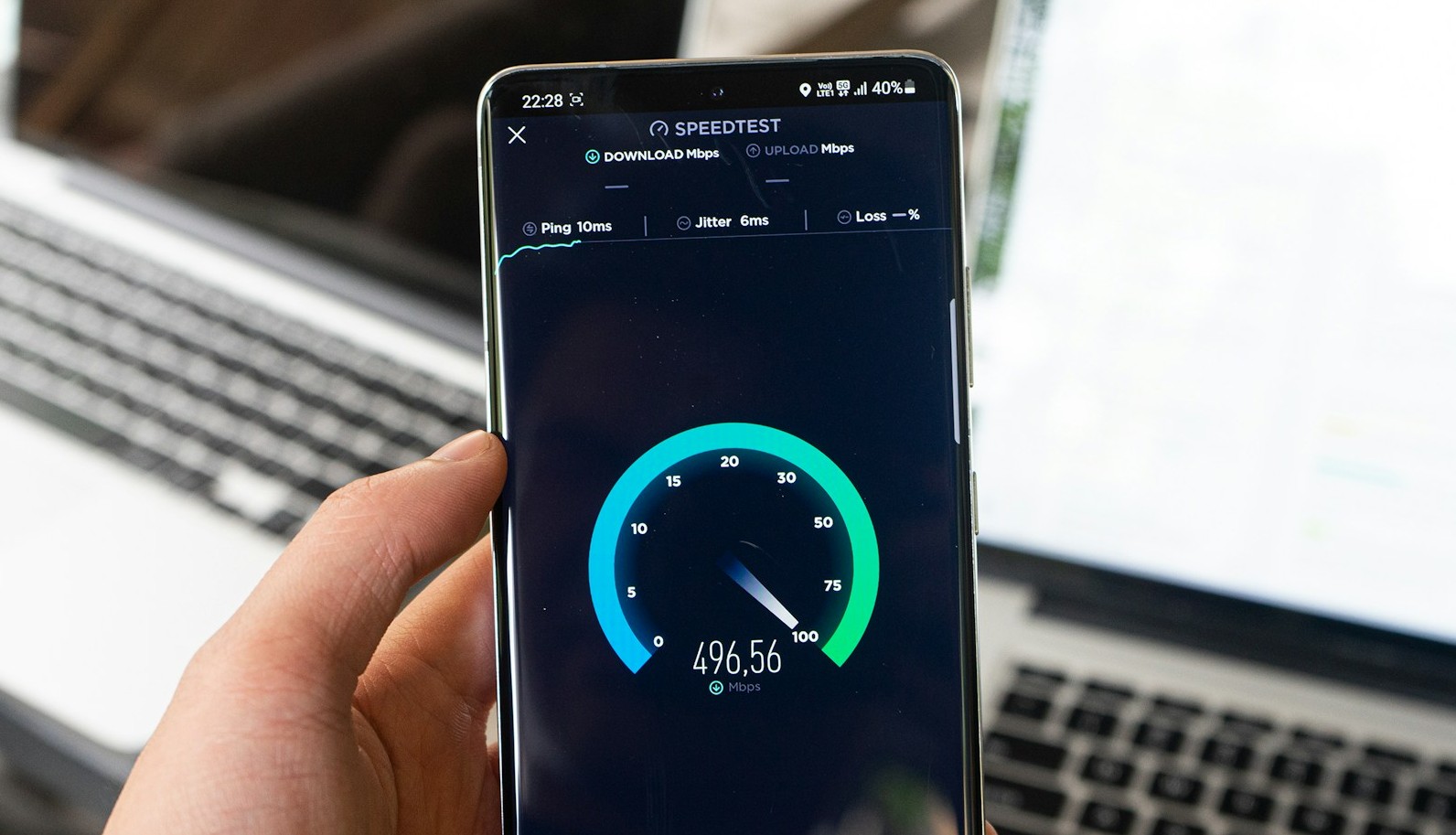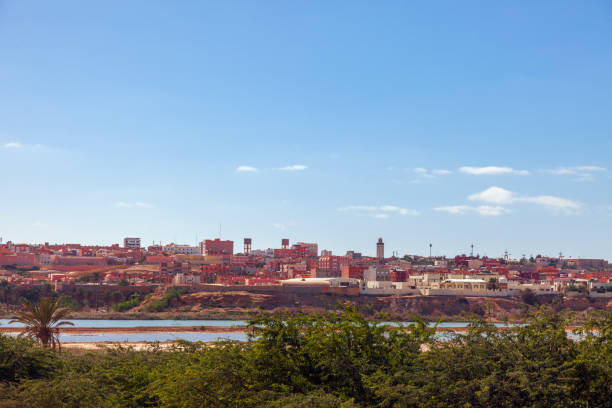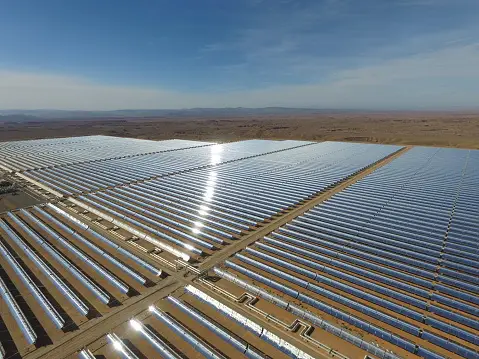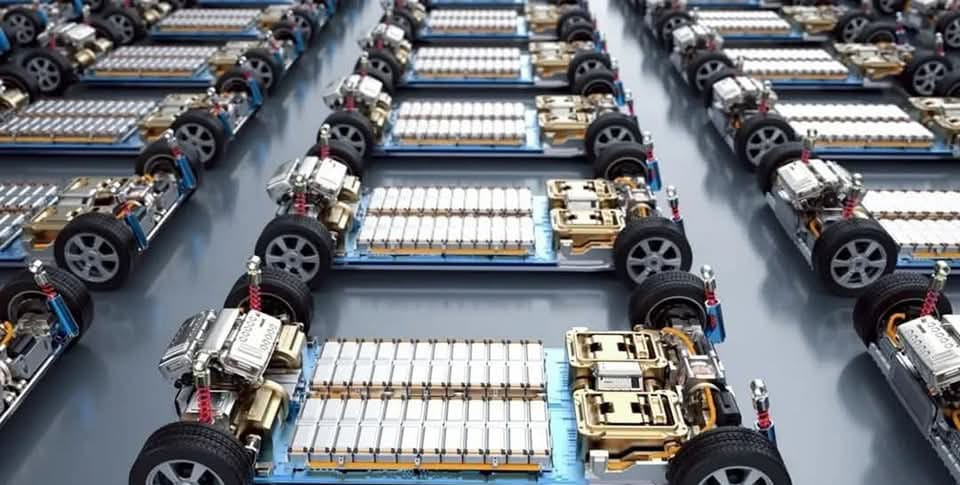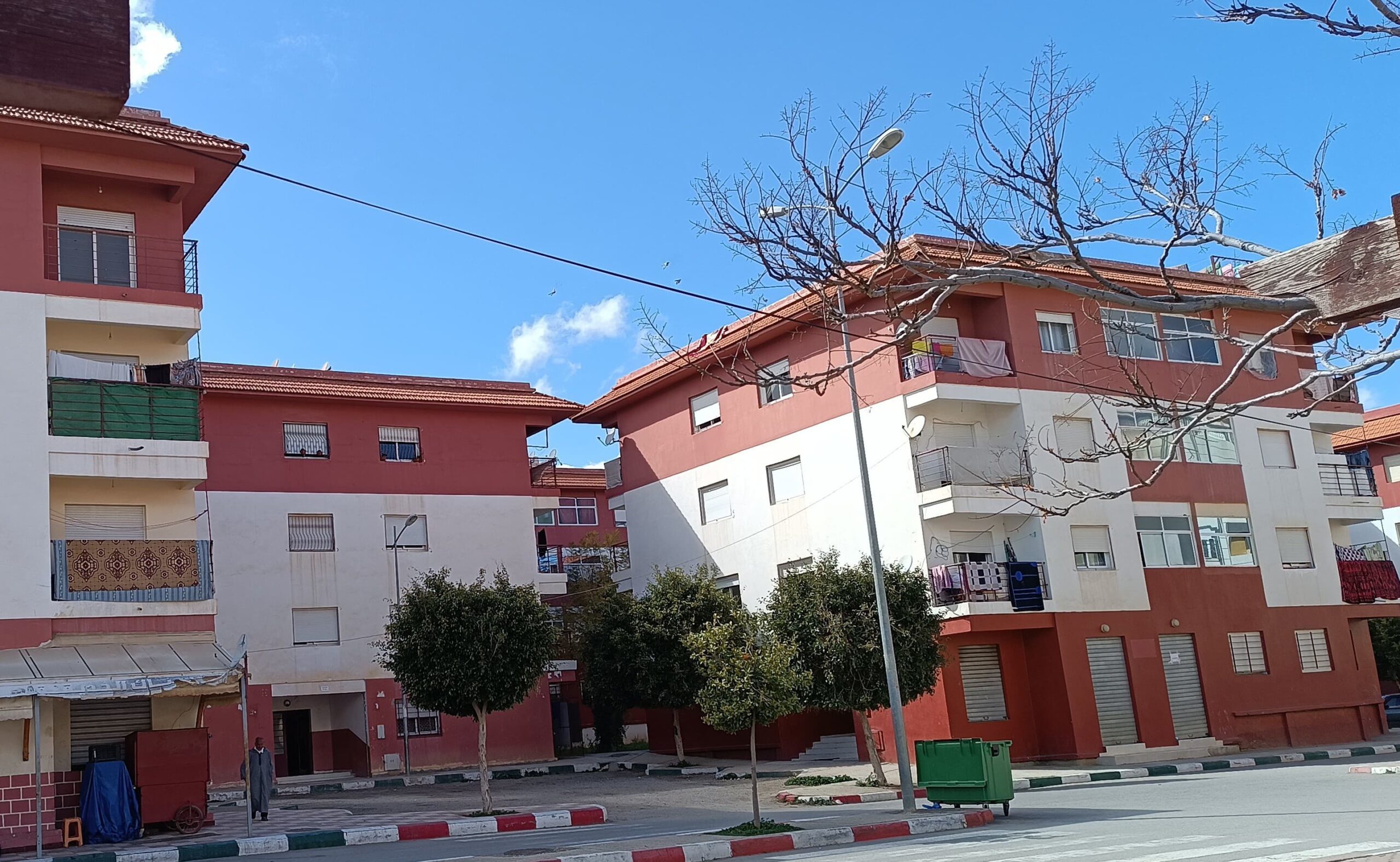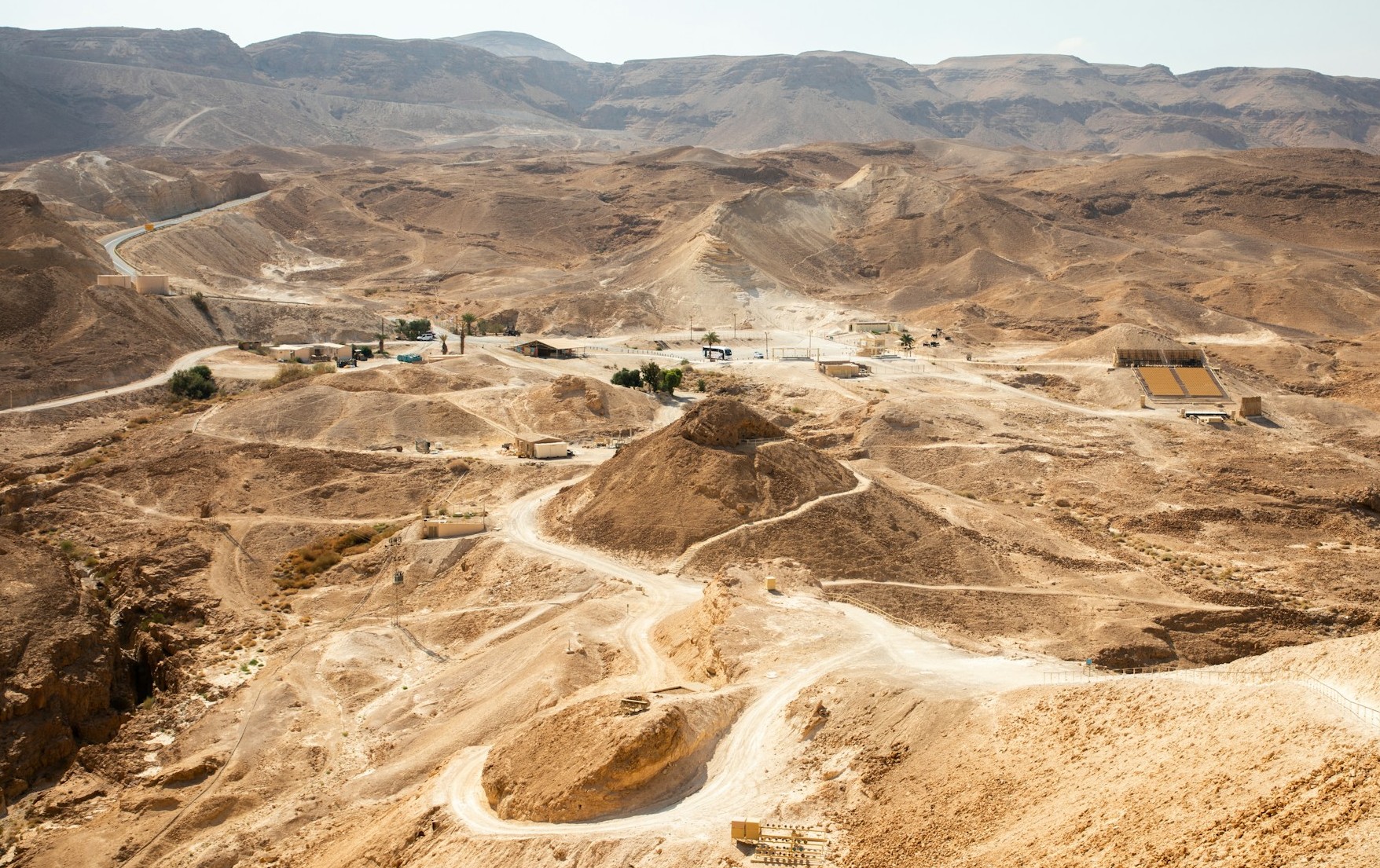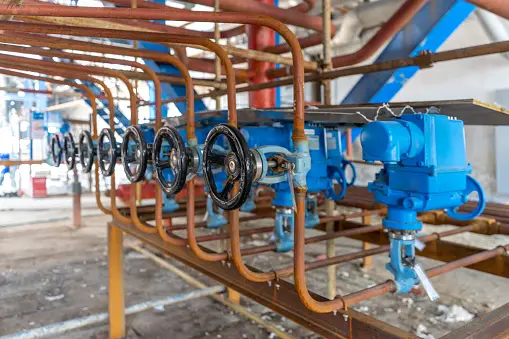Casablanca- In a landmark collaboration, the National Office of Electricity and Drinking Water (ONEE), GE Vernova, and Nareva, a Moroccan powerhouse in power generation projects, have inked a memorandum of understanding to embark on a groundbreaking initiative towards green energy transition at the ONEE plant in Laayoune southern Morocco. This initiative, which focuses on decarbonizing the plant’s operations by leveraging hydrogen as a viable alternative to heavy fuel oils, marks a significant milestone in Africa’s energy landscape.
Under the memorandum of understanding, signed on January 30th, GE Vernova’s Gas Power division, ONEE, and Nareva have committed to jointly conducting a feasibility study aimed at developing solutions to decarbonize the Laayoune power plant. Currently powered by three GE Vernova 6B gas turbines, the plant is set to become the first in Africa to utilize green hydrogen to fuel these turbines, a move aligned with Morocco’s ambitious energy transition goals towards a low-carbon future.
The feasibility study, expected to be completed within two years, will involve techno-economic assessment studies to convert the Laayoune thermal power plant, with a current capacity of 99 megawatts (MW) and fueled by heavy fuel oil, to hydrogen operation. Initially, the focus will be on converting one of the gas turbines to operate entirely on hydrogen. The ultimate aim is to develop a comprehensive solution that integrates the entire production value chain to supply 100% green hydrogen volume to power the gas turbine during peak consumption periods. The successful implementation of this project could set the stage for widespread integration of green hydrogen into power generation, driving the complete decarbonization of the Laayoune power plant.
The province of Laayoune, witnessing rapid development, particularly in renewable energy projects, sees hydrogen emerge as a promising alternative to fossil fuels. With Morocco aiming to increase its renewable electricity generation from 40% to 52% by 2030, initiatives like this are crucial in achieving sustainability goals and reducing greenhouse gas emissions.
Abderrahim El Hafidi, Director General of ONEE, expressed optimism about the project, highlighting Morocco’s commitment to ambitious low-carbon energy projects. Aymane Taud, CEO of Nareva, emphasized the potential of combining renewables, hydrogen production, and efficient gas-burning technologies to create efficient, flexible, and low-CO2 emitting power plants. Joseph Anis, President and CEO of GE Vernova’s Gas Power business for Europe, the Middle East, and Africa, highlighted the compatibility of the project with GE Vernova’s extensive experience in hydrogen-powered gas turbines.
This collaborative effort signifies a significant leap towards a sustainable energy future for Morocco, showcasing the country’s leadership in embracing innovative solutions to address climate change and promote environmental stewardship.
